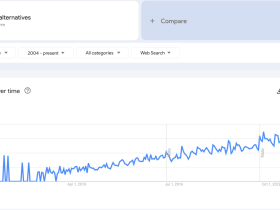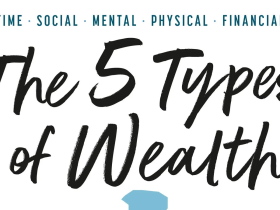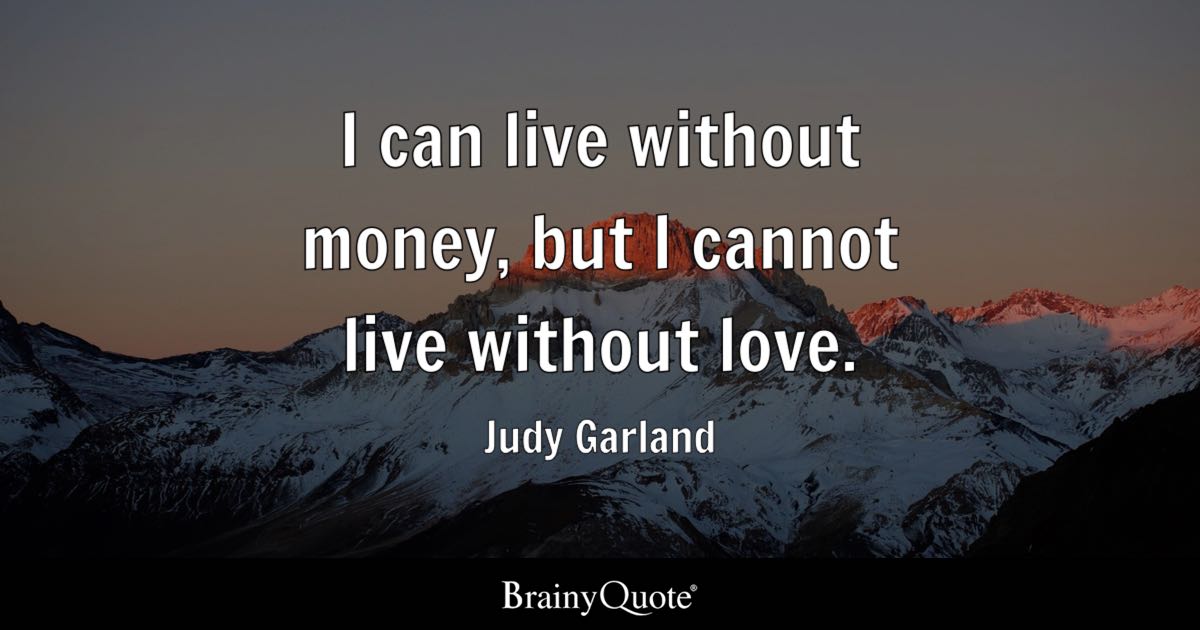In a world where financial security is often equated with stability, a growing number of individuals are proving that life without money is not only possible but can be deeply fulfilling. Whether motivated by environmental concerns, a rejection of consumer culture, or a desire for deeper human connection, these pioneers have embraced a money-free existence, relying on resourcefulness, community, and a strong sense of purpose.
Meet some of the most inspiring people who have chosen to live without money.
Mark Boyle: The Moneyless Man
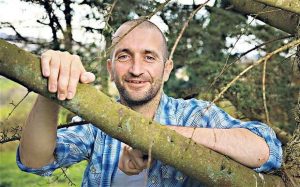
In 2008, Mark Boyle, an Irish environmentalist and former business graduate, made a radical decision: he would live for an entire year without spending or earning a single penny. What began as an experiment turned into a way of life. Boyle found that by foraging, growing his own food, and utilizing barter and gift economies, he could live a fulfilling existence without financial transactions.
To meet his basic needs, Boyle cycled instead of driving, built a simple caravan to live in, and used a compost toilet to reduce his environmental impact. He cooked meals using a homemade rocket stove and relied on discarded or donated food. Over time, he came to see money as a barrier rather than a necessity, stating, “The less I have, the richer I feel.”
Boyle chronicled his experiences in his book, The Moneyless Man: A Year of Freeconomic Living, which has inspired many others to explore alternative ways of living. Today, he continues to live off-grid in a self-sustaining community in Ireland, advocating for a simpler, more connected way of life.
Heidemarie Schwermer: A Life of Giving
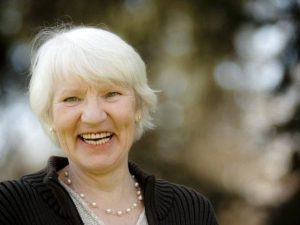
Heidemarie Schwermer, a German psychotherapist, was in her mid-fifties when she decided to give up money entirely. Her journey began when she founded a small community exchange network called “Give and Take Central,” where people could trade goods and services without the need for money. Inspired by the success of the initiative, she decided to fully immerse herself in a money-free lifestyle.
For over 20 years, Schwermer lived by exchanging her skills for food, shelter, and other necessities. She traveled extensively, staying in the homes of people who supported her philosophy. Instead of earning money, she helped with household chores, offered therapy sessions, and engaged in community service. Her approach to life challenged conventional ideas about security, as she believed true wealth lay in human relationships and generosity rather than financial assets.
Schwermer’s story was documented in the film Living Without Money, which sparked global conversations about alternative economic models. Until her passing in 2016, she remained an advocate for voluntary simplicity and social cooperation.
Daniel Suelo: The Man Who Quit Money
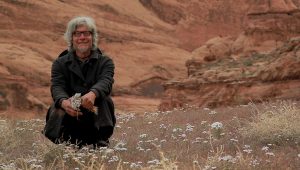
In 2000, Daniel Suelo walked into a cave in the Utah wilderness and left his last $30 behind. Determined to live without money, he embraced a lifestyle centered on self-sufficiency, foraging, and communal living.
Suelo, a former Peace Corps volunteer and anthropology student, rejected the idea that money was essential for survival. Instead, he relied on nature’s abundance, eating wild plants, fishing, and scavenging for discarded food. He refused government aid, bank accounts, and bartering, believing that true generosity should not be conditional.
For over a decade, Suelo thrived without financial support, inspiring others to question the role of money in their lives. His story was detailed in The Man Who Quit Money, a book by journalist Mark Sundeen. Though he eventually transitioned back into a more conventional lifestyle, Suelo’s philosophy continues to challenge assumptions about wealth and necessity.
Jo Nemeth: A Decade Without Money
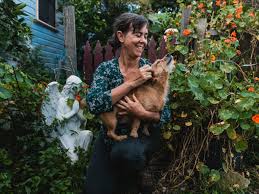
Jo Nemeth, an Australian woman, embarked on her moneyless journey in 2015 after realizing that her financial stability came at the cost of environmental harm. She gave up her job, closed her bank accounts, and embraced a gift economy lifestyle.
Living without money meant sourcing food through gardening, foraging, and receiving surplus from friends. She relied on community networks for shelter, exchanging her skills in cooking, cleaning, and gardening for a place to stay. Over time, she discovered that living without money gave her a greater sense of security than earning a paycheck ever did.
Nemeth’s story highlights the power of mutual aid and human generosity. She has spent the past decade proving that a fulfilling life doesn’t require financial wealth—it requires connection, adaptability, and a willingness to embrace change.
Rob Greenfield: An Activist for Simple Living
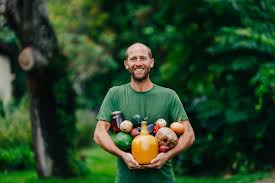
Rob Greenfield, an American environmental activist, is known for his extreme experiments in sustainable living. While he hasn’t completely abandoned money, he has spent significant periods living without it to raise awareness about consumer waste and resourcefulness.
One of Greenfield’s most notable projects involved living entirely on food waste for a year to highlight the issue of food waste in America. He also spent time living with no money, relying on foraging, community sharing, and growing his own food. His initiatives have inspired thousands to rethink their relationship with consumerism and sustainability.
Through books, speaking engagements, and social media, Greenfield continues to advocate for minimalism, permaculture, and conscious consumption. His work demonstrates that reducing reliance on money doesn’t just benefit the individual—it benefits the planet.
Benjamin Lesage: The Nomadic Money-Free Life
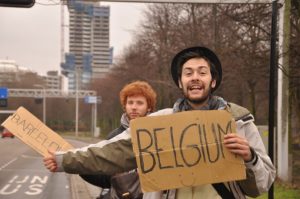
Benjamin Lesage, a French traveler, has been living without money since 2010. His journey began with a simple experiment: traveling across Europe without spending a cent. As he discovered the generosity of strangers and the viability of alternative economies, he decided to extend the challenge indefinitely.
Lesage travels by hitchhiking, stays in homes offered by kind strangers, and eats food from community networks or surplus waste. He contributes by sharing his skills and assisting hosts with various tasks. His lifestyle is a testament to the idea that human relationships and resourcefulness can replace financial transactions.
These people has proven that it is possible to live without money—not as an act of deprivation, but as a way to embrace a more connected, sustainable, and fulfilling life. Their stories challenge the widely held belief that financial security is the key to happiness. Instead, they offer a new perspective: that true wealth comes not from money, but from relationships, resourcefulness, and a deep appreciation for the world around us.
While a money-free life may not be feasible or desirable for everyone, the lessons these pioneers teach us are universal: we can all consume less, give more, and build stronger communities.
And in doing so, we might just discover a richer way to live.


